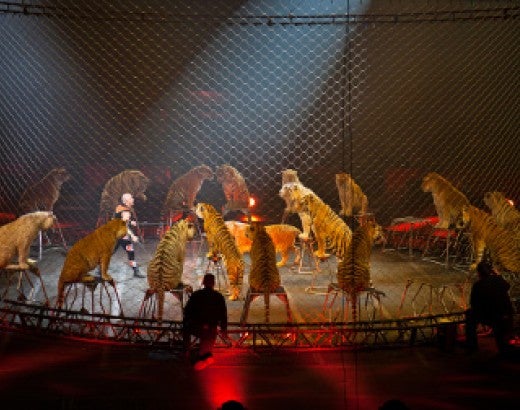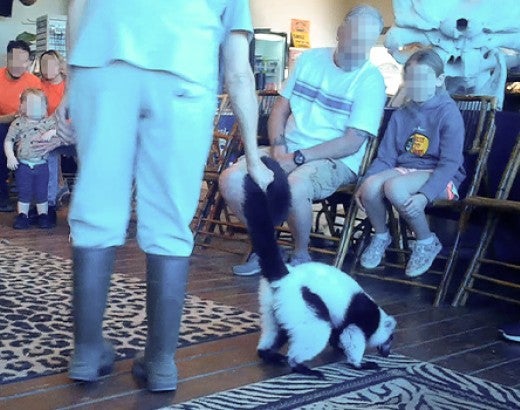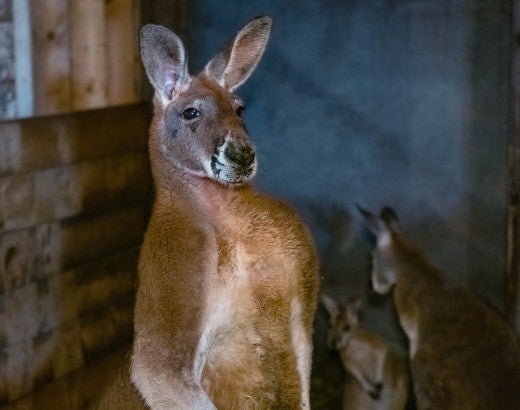Animals should never be torn from their natural habitats, forced to live in cages and perform tricks.

Inhumane animal attractions come in many forms, from cub petting to unethical safari operations. All too often, animals suffer physical and psychological distress for human entertainment.

In 37 states ban the use of wild animals in traveling shows.
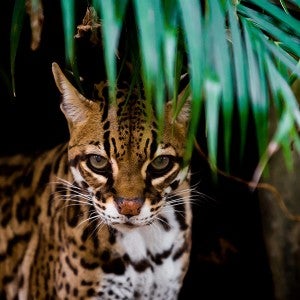
Do not currently have laws on keeping dangerous wild animals as pets: Alabama, Nevada, North Carolina, South Carolina and Wisconsin.

Is the estimated life span of a killer whale in the wild—most orcas in captivity don't live past age 13.
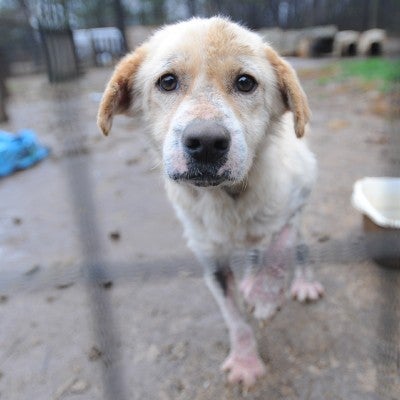
For every animal saved, countless others are still suffering. By stepping up for them, you can create a future where animals no longer have to suffer in puppy mills, factory farms, testing labs or other heartbreaking situations. Start saving lives today!

